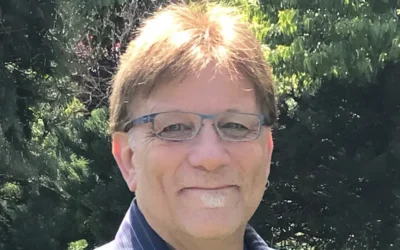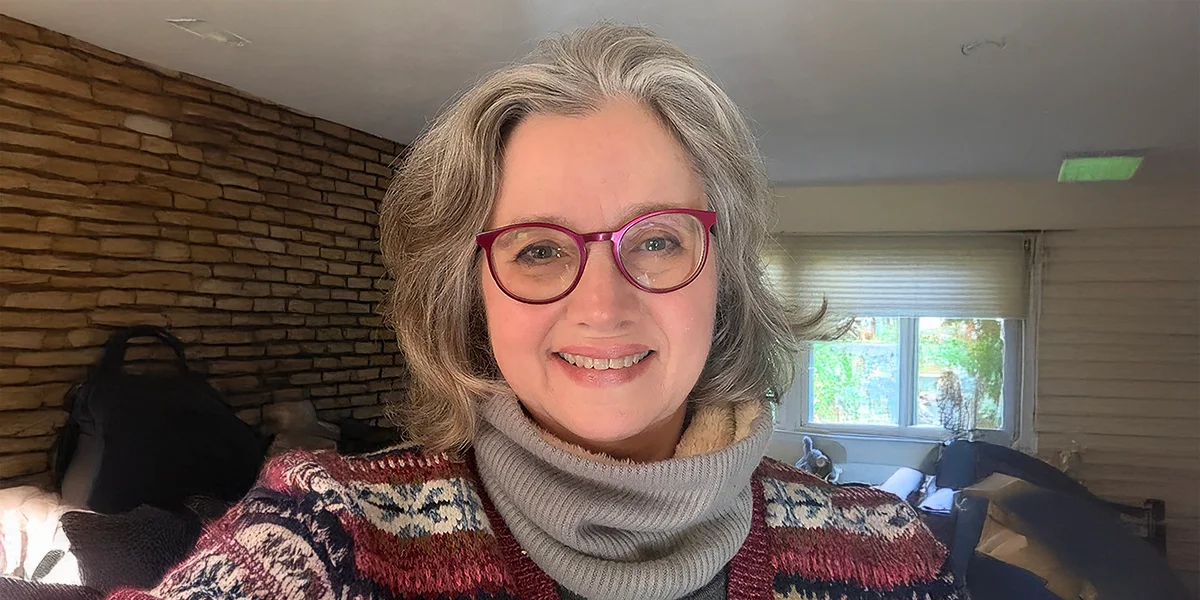John Hansen – Breathing Life into the Western Frontier

A Life Shaped by the Wild West
John Hansen, a retired wildlife biologist and firefighter, channels his life experiences into award-winning western novels, blending historical accuracy, emotional depth, and vivid storytelling to captivate readers and redefine the genre.
IMAGE: Courtesy of J Hansen
John Hansen’s life reads like the pages of a gripping western novel. A retired wildlife biologist and wildland firefighter, Hansen grew up on a ranch in Southern Idaho, surrounded by the rugged beauty of the West. His life has been a tapestry of adventure, resilience, and a deep connection to the land and its creatures. Now, as an award-winning author, Hansen channels his experiences into stories that transport readers to the heart of the American frontier.
“I’ve spent my entire life working with the animals and land of the West,” Hansen shares. “Writing has been a passion of mine since I was nine years old, and now, in retirement, I finally have the time to focus on longer works, which I find incredibly rewarding.” A member of the Western Writers of America and the Western Fictioneers, Hansen has penned numerous western stories, each infused with authenticity and emotional depth. His latest novel, Grays Lake, recently won the Western Fictioneers’ Peacemaker Award for Best Western Novel of 2023, cementing his place as a master of the genre.
The Wild West as Muse
Hansen’s career as a wildlife biologist and wildland firefighter has profoundly shaped his storytelling. His intimate knowledge of the natural world and the physical and mental challenges of survival in the wilderness breathe life into his narratives. “My experience in the outdoors has most definitely helped me create more believable stories,” he explains. “I try to engage all the senses in my scenes—whether it’s the smell of campfire smoke, the sound of wind rushing through pine trees, or the squeak of saddle leather in time with a horse’s gait. These details put the reader right there with the character.”
His time as a firefighter also informs his work, particularly in his novel In Pursuit of Glory, which explores the rigors of Roosevelt’s Rough Riders in the Cuban jungles. “Fighting fire taught me what constitutes a physical challenge and the mindset of those who meet it—or don’t,” Hansen says. “I drew on my experiences with extreme fatigue, sleep deprivation, and discomfort to bring authenticity to the story.”
Letting Characters Lead the Way
Hansen’s approach to storytelling has evolved over the years, with a focus on character-driven narratives. “If I see a page where a character hasn’t spoken, either aloud or in thought, it raises a red flag for me,” he says. “I believe in letting the characters tell the story. My protagonists are never invincible—they have flaws, just like everyone else. Writing novel-length works allows me to explore these flaws in depth and show how characters resolve feelings of guilt or self-doubt.”
This emphasis on character development is evident in his novels, where relationships often drive the plot. In A Bad Place to Be, the friendship between Josh and Seth is central to the story, while Hard Times delves into the tumultuous marriage of Phil and Martha. “People are predictable just as much as they are not,” Hansen reflects. “Reader interest comes from characters needing to resolve a conflict or reach a goal—something the reader can root for. But it has to be believable and morally justifiable.”
Balancing History and Emotion
Hansen’s novels are steeped in historical accuracy, a hallmark of the western genre. Yet, he balances this with emotional depth and character growth. In The Outfit, for example, Jake’s journey explores themes of loyalty, justice, and personal growth against the backdrop of Victorian-era Montana. “I invest considerable effort in researching the major events of the time,” Hansen says. “But I also focus on the emotional and moral dilemmas my characters face. The ending of The Outfit presented Jake with a moral conundrum that was true to his compassionate nature.”
The Evolution of the Western Genre
As a member of the Western Writers of America and the Western Fictioneers, Hansen has a front-row seat to the evolution of the western genre. While some may view it as a “dying genre,” Hansen believes it has the potential to thrive if writers prioritize historical accuracy and in-depth character development. “The demographic of the current western reader will evolve to insist on these metrics,” he predicts. “An objective and balanced portrayal of Native and African Americans will also be critical.”
The Inspiration Behind Grays Lake
Hansen’s award-winning novel Grays Lake was inspired by a family story. “My great-grandmother single-handedly captured three bank robbers who came to my grandparents’ ranch near Grays Lake, Idaho,” he recounts. “She locked them in the root cellar and waited for my great-grandfather, who was away with the posse, to come home. With this event in mind, I thought of Josh and Sarah from A Bad Place to Be and imagined what their lives might be like after escaping the wickedness of Montana for a ranch in Idaho. It was an enjoyable book to write, and I’m thrilled with how it turned out.”
Life Beyond Writing
When he’s not crafting compelling stories, Hansen can be found hunting, fishing, or hiking in the mountains of Montana and Idaho with his wife, Debi, and their black lab, Bella. Their two rescue cats, Tubby and Gizmo, hold down the fort while they’re out exploring. “Home is currently Western Montana,” Hansen says, a place that continues to inspire his writing.
For John Hansen, the West is more than a setting—it’s a way of life. Through his novels, he invites readers to experience its beauty, challenges, and timeless allure. As the western genre evolves, Hansen’s work stands as a testament to its enduring power to captivate and inspire.











